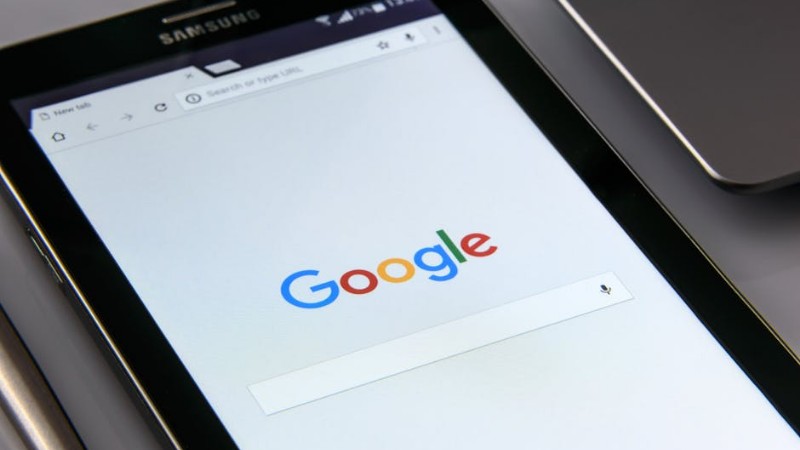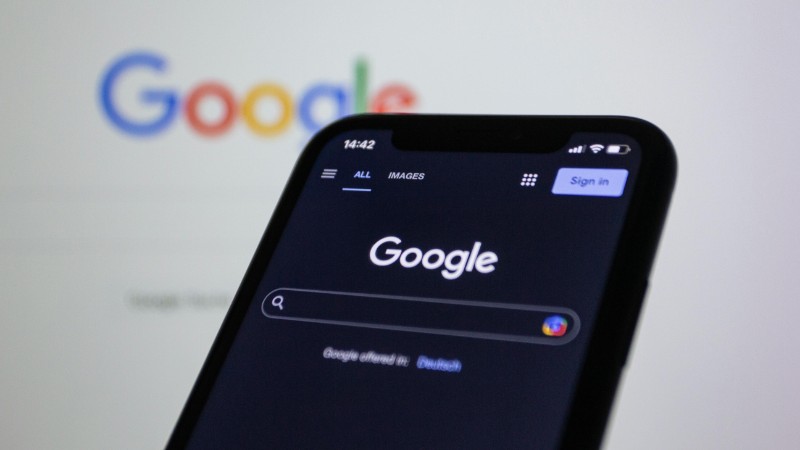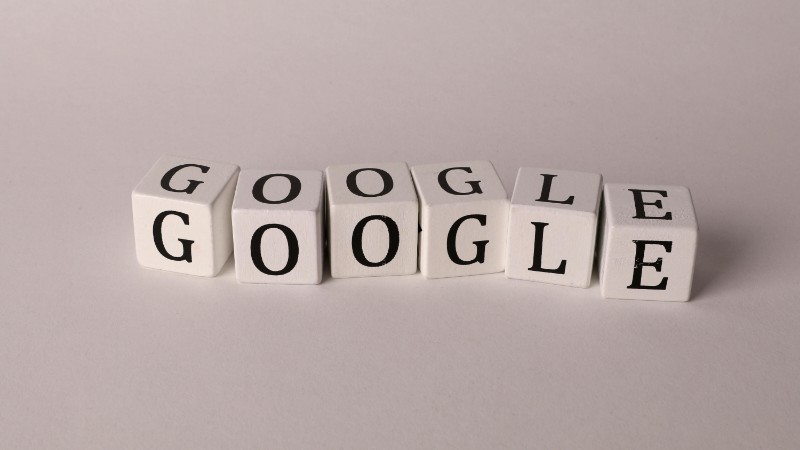Skip the guesswork and hire a casino Google Ads agency that knows what drives real players
Digital MarketingRunning casino ads feels a bit like trying to win a jackpot on a slot machine. You want clicks. You want players. You want bang for your buck. But the rules are tighter and the competition is louder. If you want your promotions to show up for the right players at the right time, you need a casino Google Ads agency that knows the terrain. What a casino Google Ads agency actually does for you Google has a long checklist to make sure only responsible, certified advertisers get a seat at the table. They require strict compliance with local laws, age gating, and responsible-gambling messaging before you can even think about showing up in search results. You can try figuring this out on your own, but it’s like trying to escape a maze blindfolded. A casino Google Ads agency knows the regulations in every region, how to get certified, and how to build campaigns that attract real players instead of curious cats. They obsess over data the way a card shark counts every chip. They refine keywords, adjust bids, and track performance closely to reach people who are actually ready to place a bet not those just Googling roulette rules for family game night. Given how competitive the market is, they carefully plan the right keywords and timing, knowing that every wasted click stings. Picking a partner you can trust There are plenty of PPC agencies willing to take on casino campaigns. The challenge is that gaming ads have their own set of rules and twists. Strategies that work fine in other industries can fall flat fast in this niche. You need a partner who understands compliance, intent-driven targeting, and how quickly conditions can shift in the gambling market. Here at PPCJuice, we proudly hold Google Partner status. Google has verified our performance, our experience, and the way we manage accounts. We rely on real insights from multiple data sources to bid wisely and reach audiences who are actually ready to convert. By cutting wasted spend and pushing for meaningful conversions, new clients often see impactful growth within their first two months with us. If you want a casino Google Ads agency who acts like a teammate, that’s the role we take. With us taking care of the heavy lifting behind the scenes, you can stay focused on delivering great experiences to your players.








